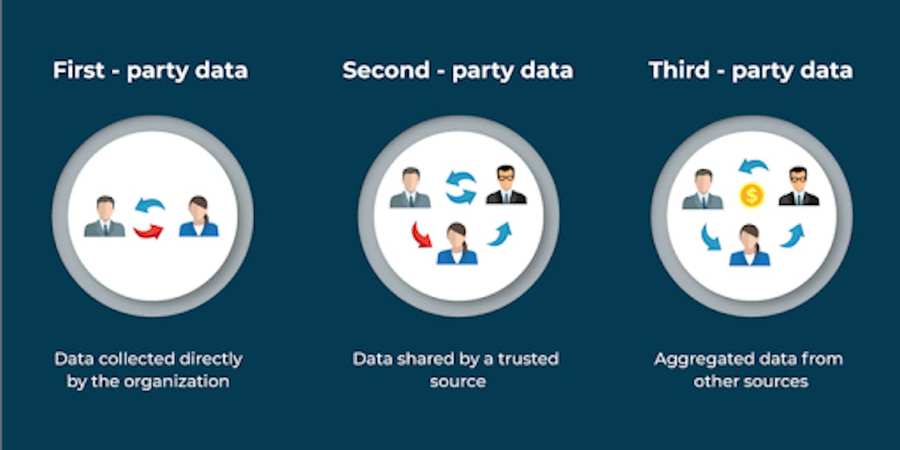Introduction
With the death of third-party cookies and increasing privacy regulations, marketers are turning to first-party data to drive SEO and digital marketing strategies. By leveraging directly collected user data, brands can build better personalization, improved targeting, and stronger organic rankings.
1. What Is First-Party Data?
First-party data refers to information collected directly from users through websites, apps, and email interactions. This includes:
✔ Website behavior (clicks, time on page, interactions)
✔ Search queries (on-site search terms)
✔ Email engagement (open rates, clicks)
✔ Purchase history (past transactions, product preferences)
Unlike third-party cookies, which are being phased out, first-party data is privacy-compliant and highly accurate.
2. Why First-Party Data Matters for SEO
📌 More Accurate Keyword Insights
First-party data helps brands understand what users search for on their site, providing better keyword insights than traditional tools.
📌 Improved Personalization
By analyzing user behavior and preferences, brands can tailor content and product recommendations, increasing engagement and conversions.
📌 Better Content Strategy
First-party search data helps identify content gaps, allowing marketers to create SEO-friendly blogs, FAQs, and landing pages that match real user intent.
📌 Stronger User Experience (UX) Signals
Google rewards sites with high engagement and low bounce rates. First-party data allows brands to optimize UX, improving dwell time and rankings.
3. How to Collect & Use First-Party Data for SEO
🔹 Leverage Google Analytics & Search Console
Use Google Analytics 4 (GA4) to track user journeys, search queries, and engagement metrics.
🔹 Implement On-Site Search Tracking
Monitor internal search queries to discover what users are looking for on your site.
🔹 Create Interactive Content
Use polls, surveys, and quizzes to gather insights on customer preferences and interests.
🔹 Build an Email & Loyalty Program
Encourage users to subscribe and offer personalized content based on their interactions.
🔹 Use AI for Predictive Analysis
AI-powered tools can analyze first-party data to predict future search trends and customer behavior.
Final Thoughts
As third-party data becomes obsolete, first-party data is the key to future-proofing SEO. Brands that collect, analyze, and optimize content based on user-driven insights will dominate organic search.
Metric Mavens: Nepal’s Leading SEO Experts
Need help leveraging first-party data for better SEO? Metric Mavens, Nepal’s top digital marketing agency, can help! Contact us today!
